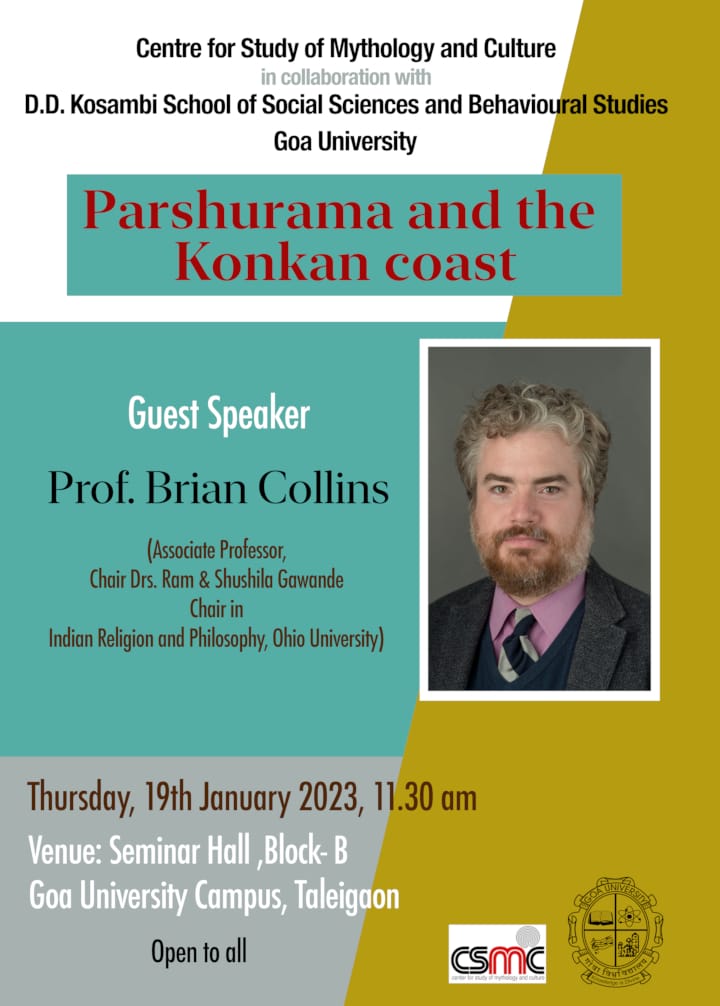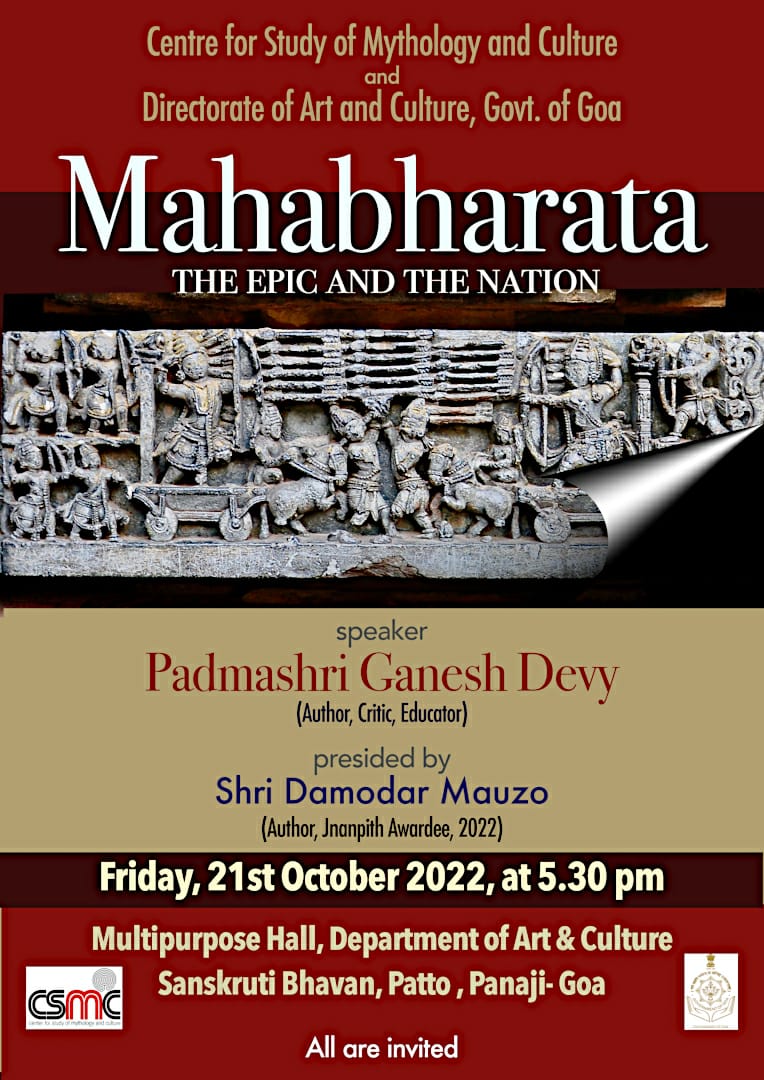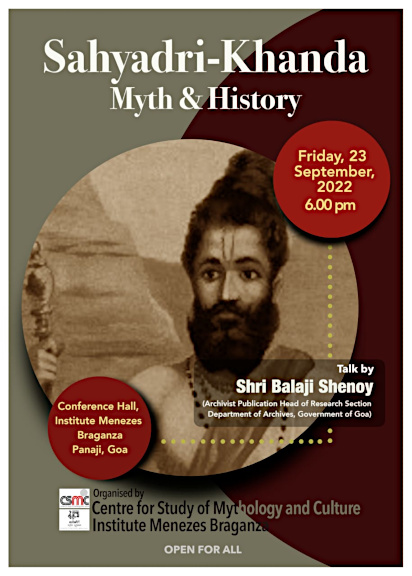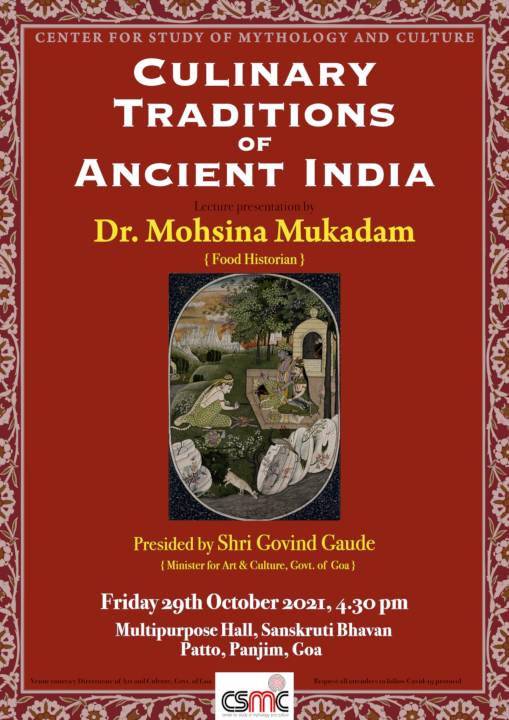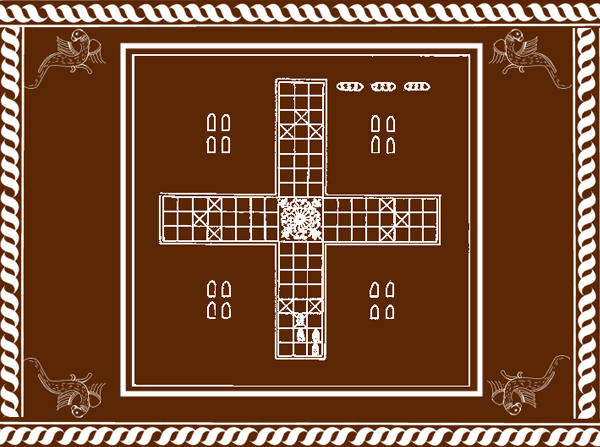
If you are lucky on the eve of Diwali, then you may be a winner all the way through the New Year!
That’s the belief which prompts people of India to gamble the whole night long before they usher in Hindu new year during Diwali festival. Traditionally gambling is prohibited in Hindu religious doctrines except on the night before Diwali.
Interestingly, chaupar the game of dice as it was called in ancient India was a very popular form of gambling. It gets its mention in Rig Veda as well as in Atharveda. Rigveda records the story of sage Kavasa Ailusa, who was a great sage but a diehard gambler and eventually lost everything in his life to the game of dice.
A chaupar ‘board’* is traditionally an embroidered cloth in the shape of a cross. Each arm of the cross is divided into three columns and each column is divided into eight squares. The ‘dice ‘are seven cowry shells or oblong wooden dice known as pasa, pasak, parsa .
There are archeological finds that reveal that chaupar was played in Mohenjo-daro and Harappa during 2500 BCE. The same dice game was also used for divination purposes and the text written in 4 C. AD. called ‘Pasak Kevali’ is a manual dedicated to reading the signs of dice throws for the purpose of divination. In the epic Mahabharata, the game of dice, plays a central role in the plot, suggesting that this game of dice was much more than a common game played solely for the sake of entertainment.







